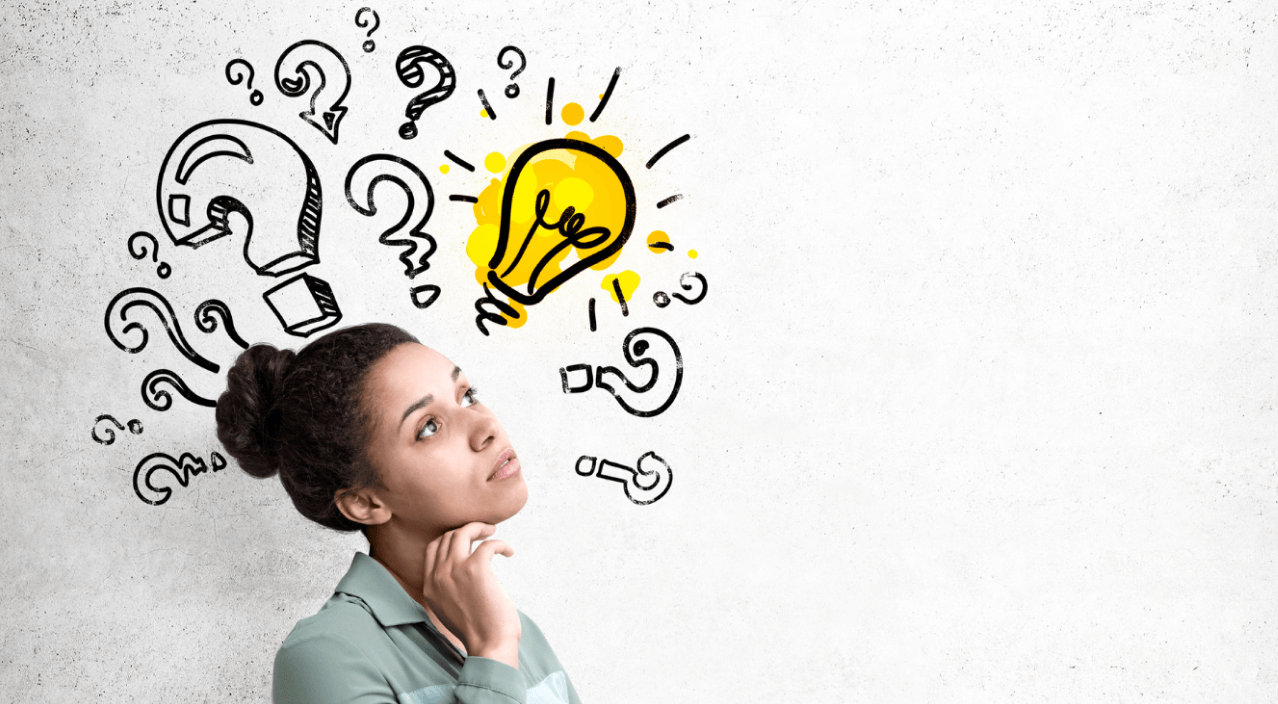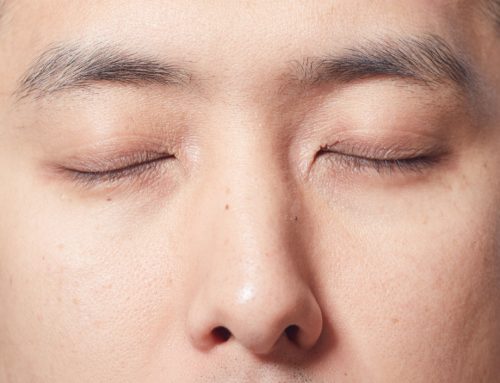April 24, 2023
How saying “I don’t know” can be a good thing…
The phrase "I don't know" is often seen as a sign of weakness, ignorance, or lack of confidence. But in reality, admitting that we don't have all the answers can be a powerful tool for growth and learning.

Everything we do in life is made up of a series of steps. When working with you, I explain that the ability to say “I don’t know” can be very helpful in identifying the missing steps that you may need to solve your problem. For example, just being “stuck” in life, is often a sign that we just don’t know which steps to take next. We get stuck in these patterns and just can’t seem to move forward. When we can’t see our own experiential gaps, we may continue to repeat the same patterns of behaviour, even when they are not serving us well. Consider the quote from Einstein which says, “ Insanity is doing the same thing over and over and expecting different results”
These missing steps are known as “Experiential gaps”, and they are the things that we don’t know, but we think we do. We all have them at times. They are the blind spots in our understanding not only of ourselves, but the world around us. They can prevent us from growing and changing.
By admitting that we don’t know something, we can then find out what it is that we need to learn to move forward, through our problems, and towards our objectives.
As a Psychotherapist, I use tools which enhance the ability to help you find your experiential gaps. When a client comes to me with a problem, I will explore what it is that they are experiencing in relation to the problem, and then together we identify the gaps in their understanding. Sometimes, simply saying “ I don’t know”, or just acknowledging that we don’t have all the answers, can be a powerful first step towards greater self-awareness and growth.
“ There are two things that can get us into trouble, what we don’t know, and what we think we know that just isn’t so” (Dr. M. Yapko Phd Psychologist)
For example, there may be two people from similar backgrounds, and living in a similar situation. Both may be working in the same job position, and both believe that they are good at their job, but one generates greater productivity at work. Why is this? They each have a different process or steps that they follow to get through their work. So, by highlighting the experiential gaps, and by learning the steps that the effective person uses, the other person would able to learn how to perform to an even greater capacity.
Of course, saying “I don’t know” can be difficult, especially in a culture that values certainty and confidence. I am able to help clients see or understand that admitting what they don’t know can be a powerful first step towards their personal growth and change. Sometimes we “think” we know a lot of things, or that what we are doing is right all the time, but sometimes, just a small change in the way we perceive something or do something, can change an entire situation, or even an entire future.
By acknowledging our own experiential gaps and admitting that we don’t have all the answers, it teaches us better strategies to move on, achieve progress, and better manage all areas of our lives. In return, we can gain a deeper understanding of not only ourselves, but our relationships with others, and the world around us. This is where our learning can truly begin.



